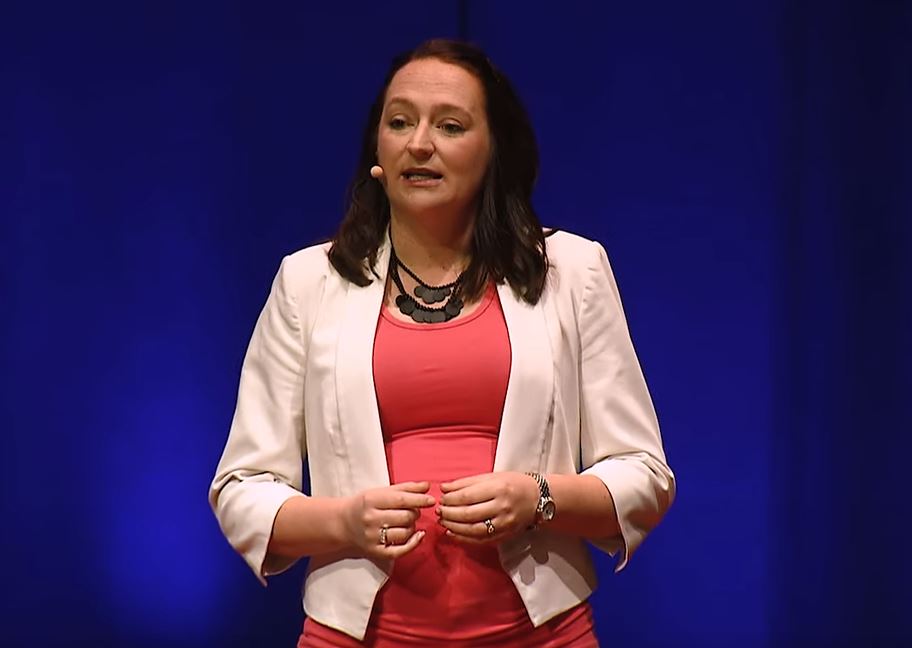Search
Research
Reduction in disparity for pneumonia hospitalisations between Australian indigenous and non-Indigenous childrenIn the 1990s pneumonia hospitalisation rates in Western Australia (WA) were 13 times higher in Indigenous children than in non-Indigenous children...
Research
Hospitalisation for bronchiolitis in infants is more common after elective caesarean deliveryThe authors previously reported an increased risk of hospitalisation for acute lower respiratory infection up to age 2 years in children delivered by...
Research
Acute lower respiratory infections (ALRI) in Indigenous and non-Indigenous childrenIn Australia and many other developed countries, acute lower respiratory infection (ALRI) is one of the most common reasons for hospitalisation in young...
Research
A retrospective population-based cohort study identifying target areas for prevention of acute lower respiratory infections in childrenAcute lower respiratory infections (ALRI) are a major cause of hospitalisation in young children
Research
Evaluation of impact of 23 valent pneumococcal polysaccharide vaccine following 7 valent pneumococcal conjugate vaccine in Australian Indigenous children.Background: High incidence and serotype diversity of invasive pneumococcal disease (IPD) in Indigenous children in remote Australia led to rapid introduction of
Research
Lessons from the first year of the WAIVE study investigating the protective effect of influenza vaccineInfluenza is major cause of paediatric hospitalisation. Influenza vaccine was offered to all children aged 6-59 months resident in Western Australia in 2008

News & Events
The Kids infectious diseases researcher named a WA Young Tall PoppyA The Kids researcher focused on ensuring kids are protected from infectious diseases will be named among WA’s most outstanding young scientists at the upcoming 2021 Young Tall Poppy Science Awards.

News & Events
Sharing the power of data at TEDx PerthDr Hannah Moore was one of WA’s brightest minds chosen to speak at TEDX Perth in November last year, presenting her insights into the power of data in fighting infectious diseases to a sold-out crowd at the Perth Concert Hall.
Research
“It’s all gone quiet…” MUSIC from COVID19Hannah Huong Christopher Moore Le Blyth OAM BSc (Hons) GradDipClinEpi PhD MA (Dev. Econ), MA (App. Stats), PhD (Econ) MBBS (Hons) DCH FRACP FRCPA PhD
Research
Childhood pneumonia in the Eastern Highlands Province of Papua New Guinea: clinical, microbiological and immunological predictors of diseaseChristopher Deborah Hannah Lea-Ann Peter Blyth Lehmann Moore Kirkham Richmond MBBS (Hons) DCH FRACP FRCPA PhD AO, MBBS, MSc OAM BSc (Hons)
